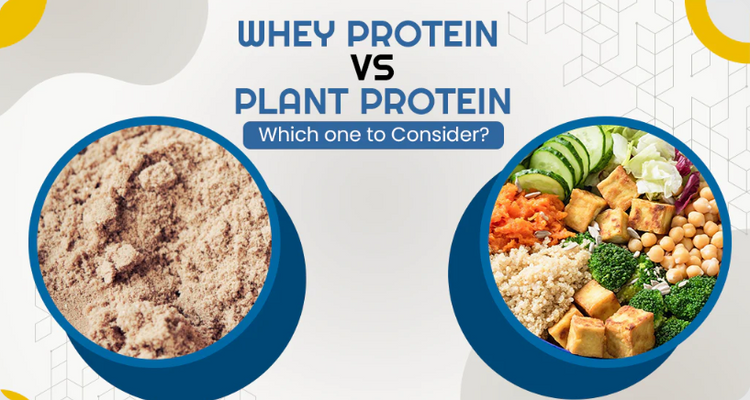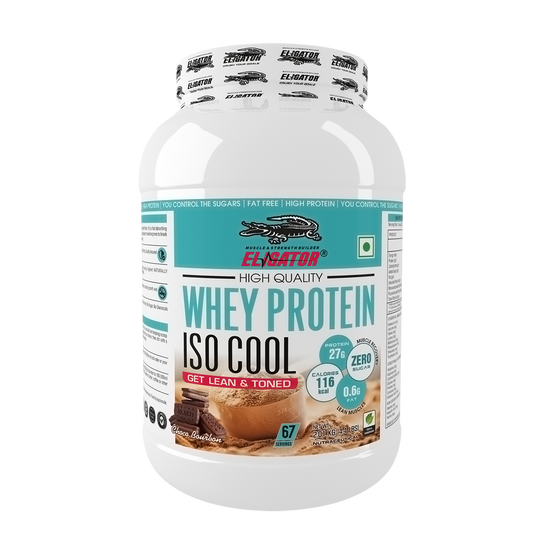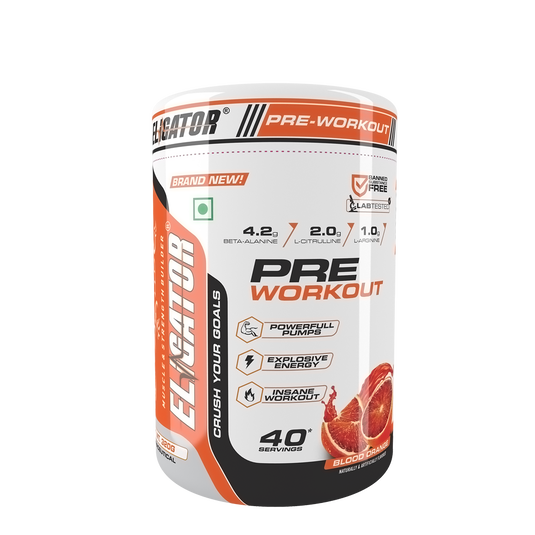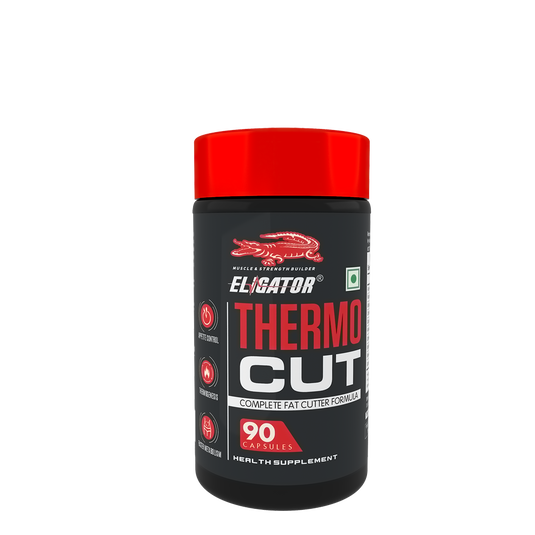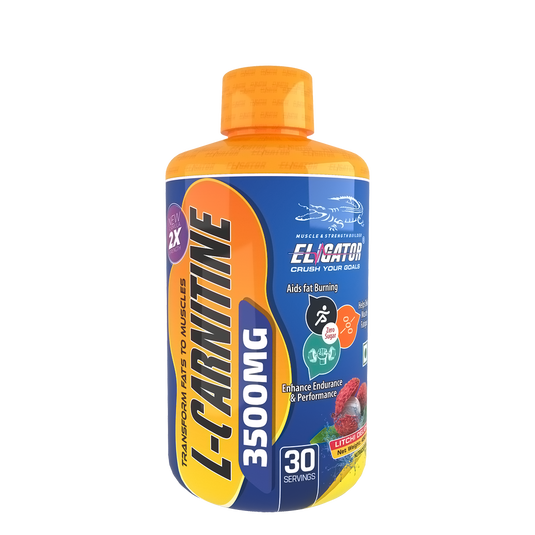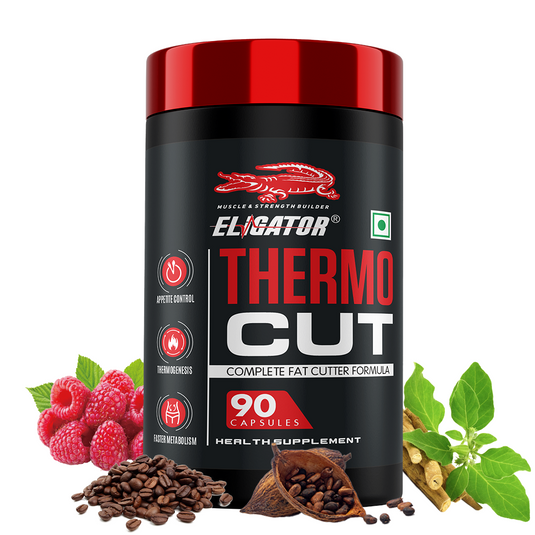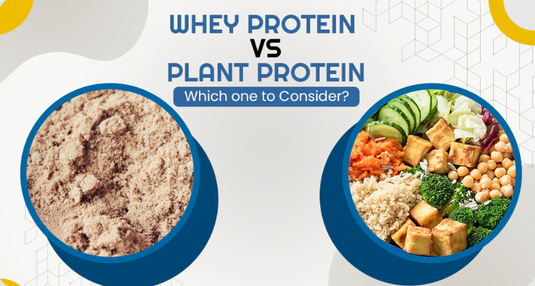When it comes to choosing the right protein supplement, the debate between whey protein and plant-based protein often arises. Both types of protein offer unique benefits, and the decision largely depends on your personal preferences, dietary restrictions, and fitness goals. Let’s dive into the key differences between these two protein sources to help you make an informed choice.
What is Whey Protein?
Whey protein is derived from milk during the cheese-making process. It is considered a complete protein, meaning it contains all nine essential amino acids that your body cannot produce on its own. Whey protein is particularly rich in branched-chain amino acids (BCAAs) like leucine, which plays a key role in muscle recovery and growth.
One of the main advantages of whey protein is its high bioavailability. This means your body can absorb and utilize it efficiently. As a fast-digesting protein, it’s ideal for post-workout recovery, helping repair muscle tissue and promote muscle growth.
What is Plant-Based Protein?
Plant-based protein, as the name suggests, is derived from plants such as peas, rice, hemp, and soy. Unlike whey protein, which is animal-based, plant-based protein is a great option for vegans, vegetarians, or individuals with dairy intolerances. While plant proteins are often not considered “complete” proteins (except for soy and quinoa), combining different plant-based sources can provide all the essential amino acids your body needs.
Plant-based proteins tend to have a lower bioavailability than whey protein, meaning they may not be absorbed as efficiently. However, they are rich in fiber, antioxidants, and essential nutrients, which can support overall health and digestion.
Whey Protein vs. Plant-Based Protein: Key Differences
-
Amino Acid Profile: Whey protein is a complete protein, meaning it contains all nine essential amino acids. Plant-based proteins, on the other hand, may require combining different plant sources to achieve a complete amino acid profile.
-
Digestibility: Whey protein is faster-digesting, making it perfect for post-workout recovery. Plant-based proteins generally take longer to digest but are easier on the stomach for those with lactose intolerance or sensitivity.
-
Nutrient Density: Plant-based proteins are naturally rich in vitamins, minerals, and fiber. Whey protein, being an animal-based product, lacks the additional nutrients found in plants but is a powerhouse when it comes to muscle-building.
Which One is Better?
There is no one-size-fits-all answer. If you are looking for rapid muscle recovery and maximum protein absorption, whey protein is the superior choice. It’s especially beneficial for athletes or those aiming to build muscle mass. On the other hand, if you are following a plant-based diet, have lactose intolerance, or want a protein source that offers additional health benefits, plant-based protein is a great option.
Why Choose Eligator Whey Protein?
At Eligator Nutrition, we believe in providing high-quality protein that helps you achieve your fitness goals. Our Eligator Whey Protein is not only packed with all the essential amino acids your body needs but is also easily digestible and designed to support muscle growth and recovery. Whether you’re a seasoned athlete or just getting started on your fitness journey, Eligator Whey Protein offers a clean, premium formula that will help you maximize your performance.
Choose Eligator Nutrition for the best whey protein on the market — your body deserves the best!




Receive the Blog via Email Daily
Please fill out the form below and we’ll get back to you within 24 hours.


